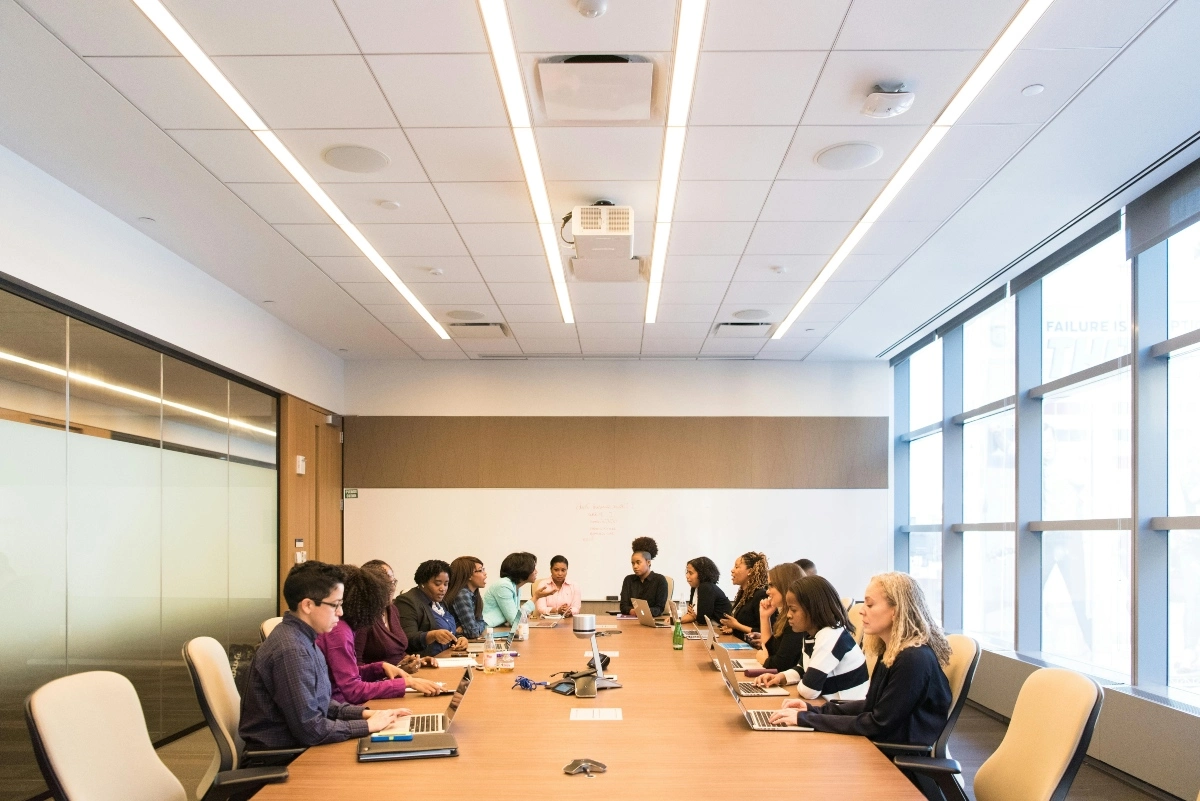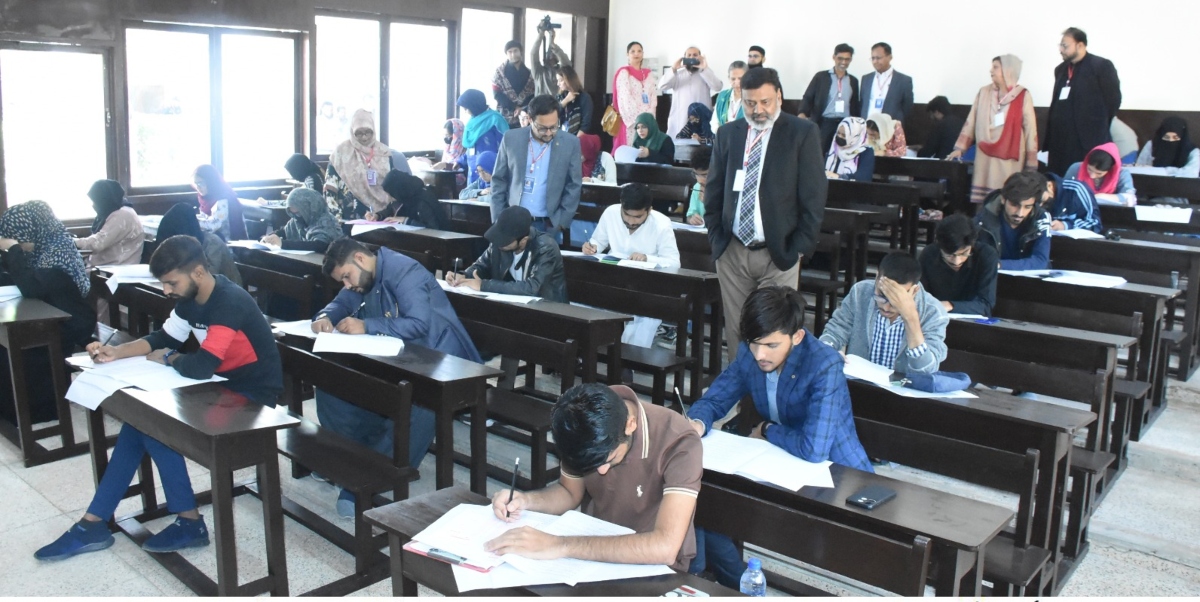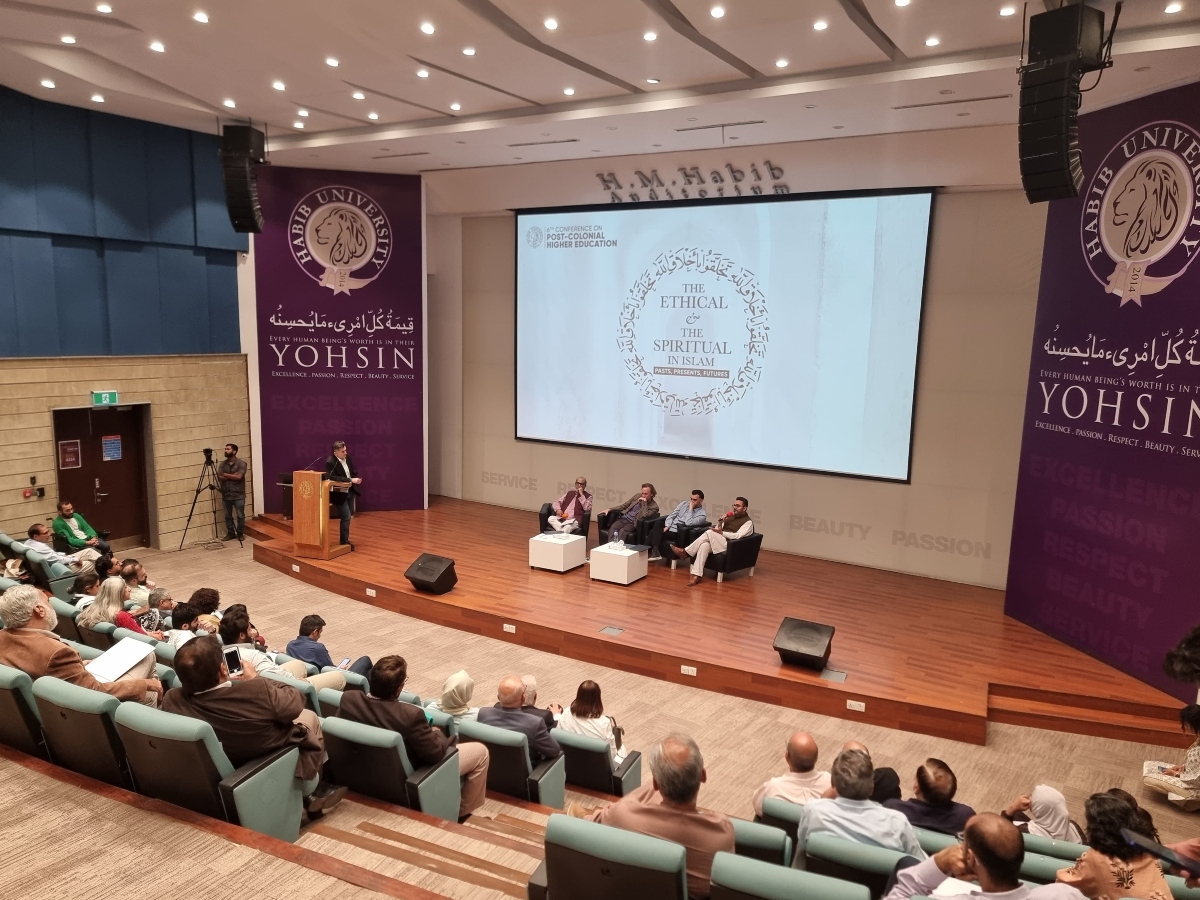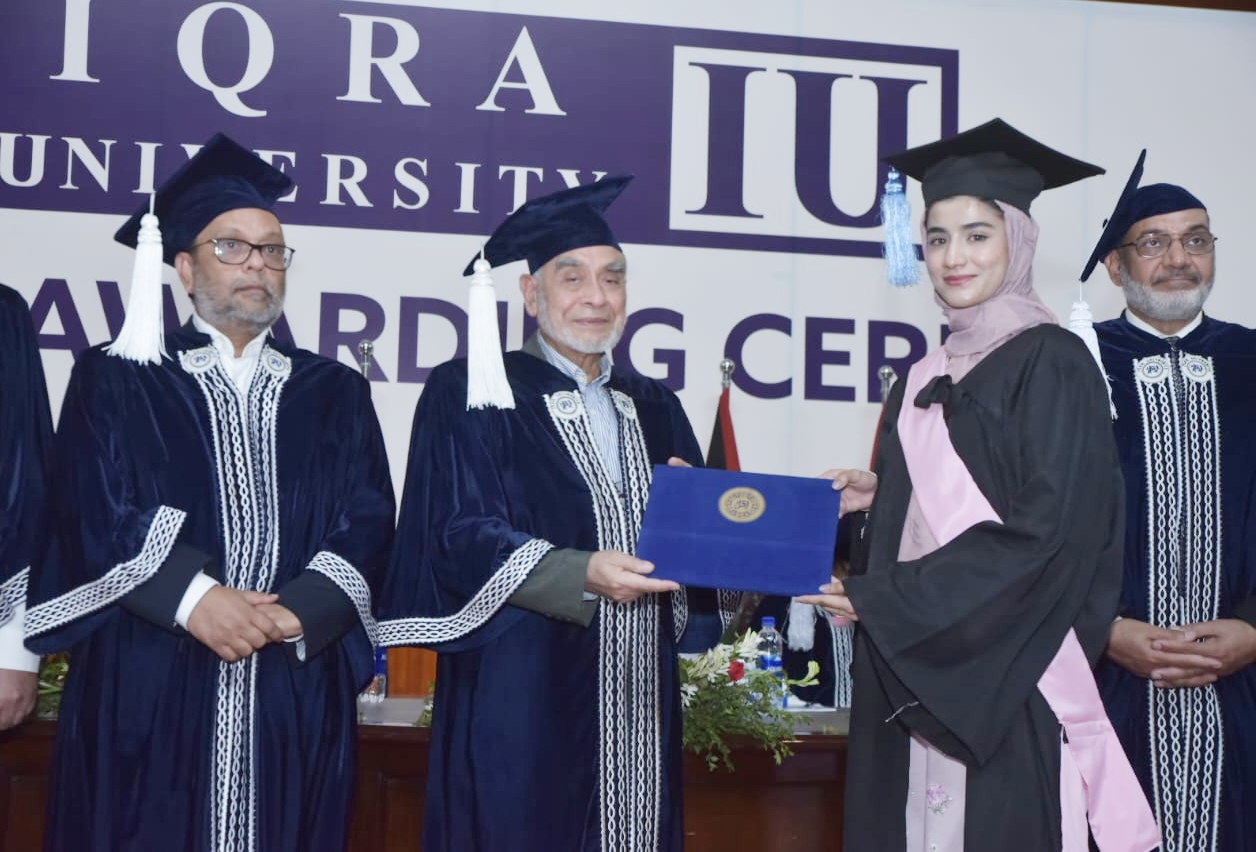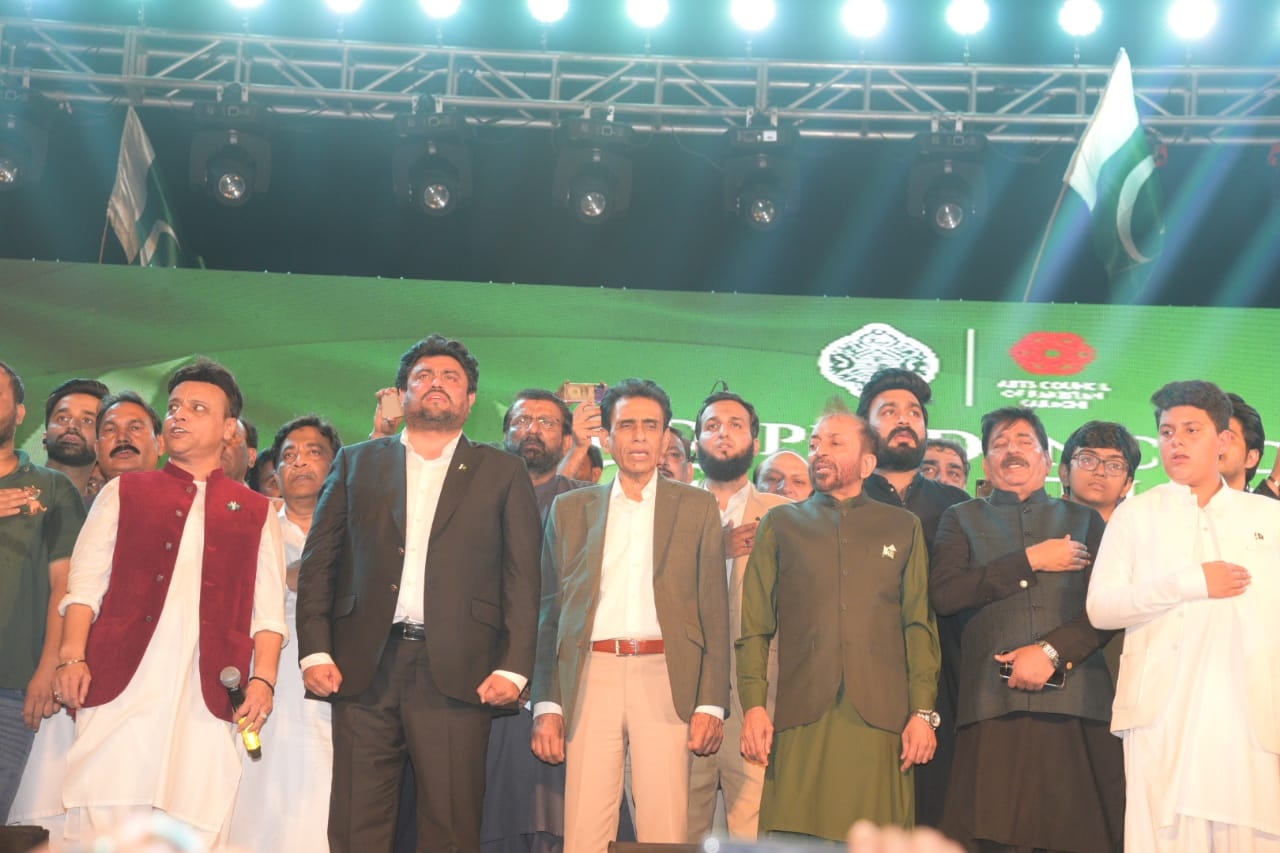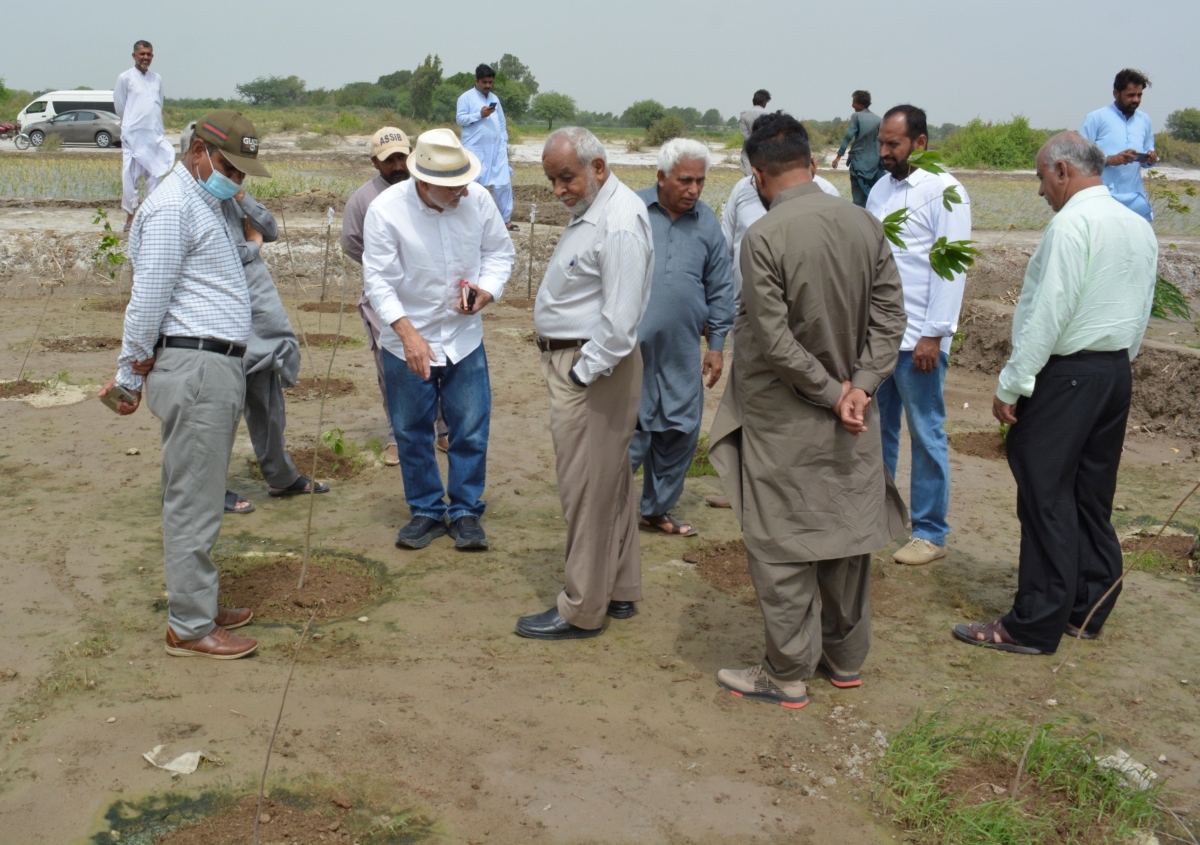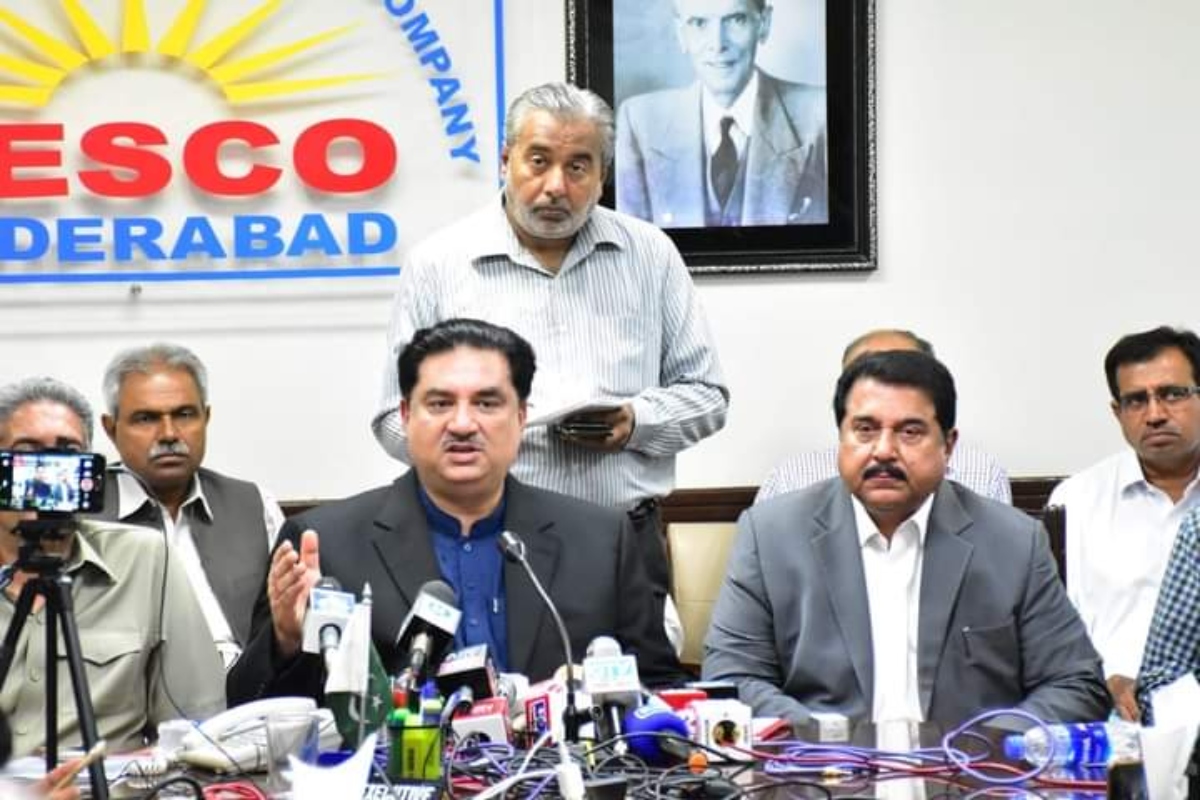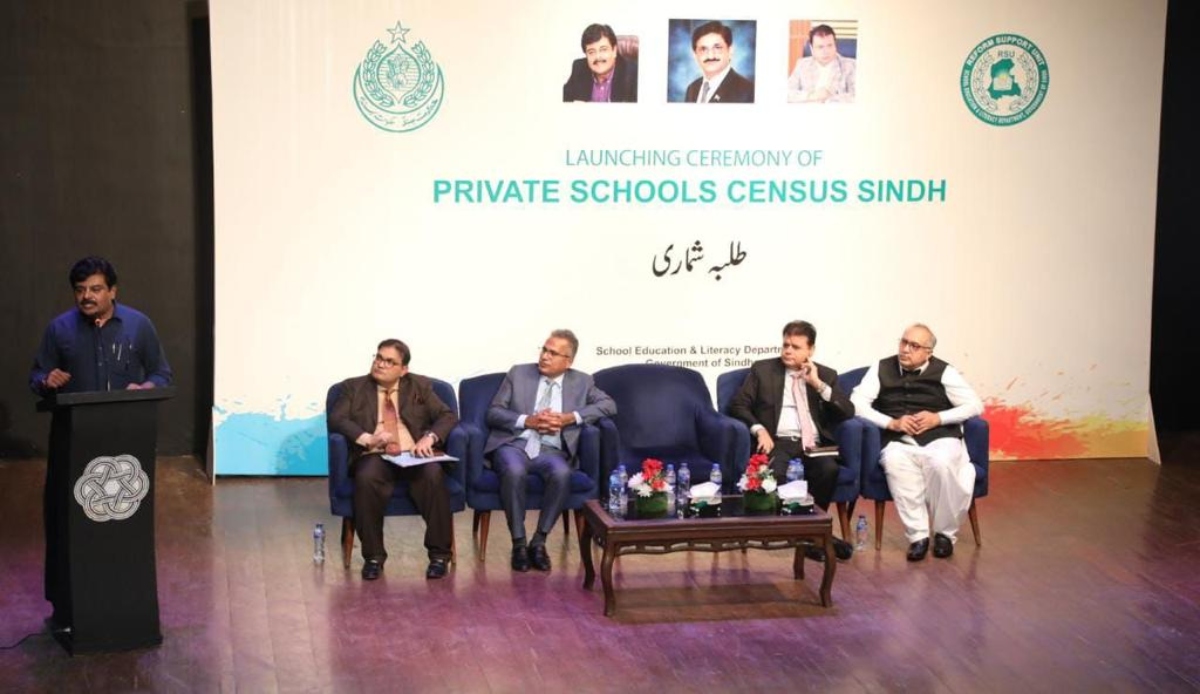
By Syed Wahaj Ahmed
Sindh Minister for Education and Culture Syed Sardar Ali Shah stressed need for a data mechanism to identify issues and constitute policies, while revealing a private schools census report.
“Unfortunately, we face a host of problems and are unable to find their solution for want of an effective data system. Evolving right policies following correct data could be useful,” he said.
He expressed his views during a launching ceremony of private schools census held at the Arts Council of Pakistan Karachi, organised by Sindh education department on private schools’ enrolment for the first time in the history. He said that until accurate data is procured, there will be assumptions and wrong perceptions will prevail.
“After publishing a report on private schools census, we have compiled true fact and figure about enrolment of students in the schools and we are now able to assess actual number of children out of schools,” he said.
He attributed an inordinate procrastination of many projects to the lack of proper data, while he admitted that data compilation could be criticised, but such criticism would be welcomed in order to improve it. Student census resulted in suspension of school registrations and they would be registered again soon. However, those private schools which remain unregistered will be given a chance to register themselves. Any unregistered school will not be allowed to work in the province at any cost, he categorically said.
While delineating the further nitty-gritty of the report, the minister said that the student census report included visits to 12,809 private schools where 11,736 were found functional and another 1,073 were lying non-functional. He said that 10,264 schools were registered in Sindh, while 860 schools applied for registration. Moreover, Sindh has also bristled with 31 madrasa schools in accordance with the report.
What’s more, according to a survey conducted about various levels of schools, 1,247 primary, 553 middle, 2,784 elementary, 6,546 secondary, and 606 higher secondary/A-level schools are operating under private organisations. In these private schools, 3,941,938 students are currently enrolled. Among them, 1,804,333 are female students and 2,137,605 are male students. The survey also revealed that there are 166,788 students from minorities studying in private schools. A total staff of private schools consisted of 298,938 including 225,158 teaching staff and 73,780 non-teaching employees, while there are 171,423 female teachers and 53,735 male teachers in private schools.
Speaking to participants Secretary School Education Ghulam Akbar Laghari said that it was necessary to work more on data mechanisms to progress. The student census data for private schools would also be published on the Sindh education department’s website. Special Secretary Ghulam Ali Barhamani, Registration Private Institutions Director Rafia Malah, representatives of private school associations, educationists, teachers and others were present.
Meanwhile, Sindh education department which has always come under a scathing attack because of its poor policies and working where teachers and staff adopted a very rude attitude towards students and while there are many complaints about frequent absence of staff in interior of Sindh. Students of public schools kept protesting for their books which are deliberately being delayed to benefit private book sellers. After all, many students who are unable to afford books have to buy books due to delaying tactics of the Sindh departments concerned. According to local reports, many schools are lying closed for want of proper infrastructure and furniture and staff.
Moreover, according to many surveys of non-governmental organistaions (NGOs), there are many private schools without basic facilities including proper furniture, sitting arrangement of students, trained teaching and non-teaching staff. Issuing the first private school census report could give a sigh of relief to parents of students and private schoolers who are facing such numerous problems as the government would have some check and balance over them after registration of the schools properly.


